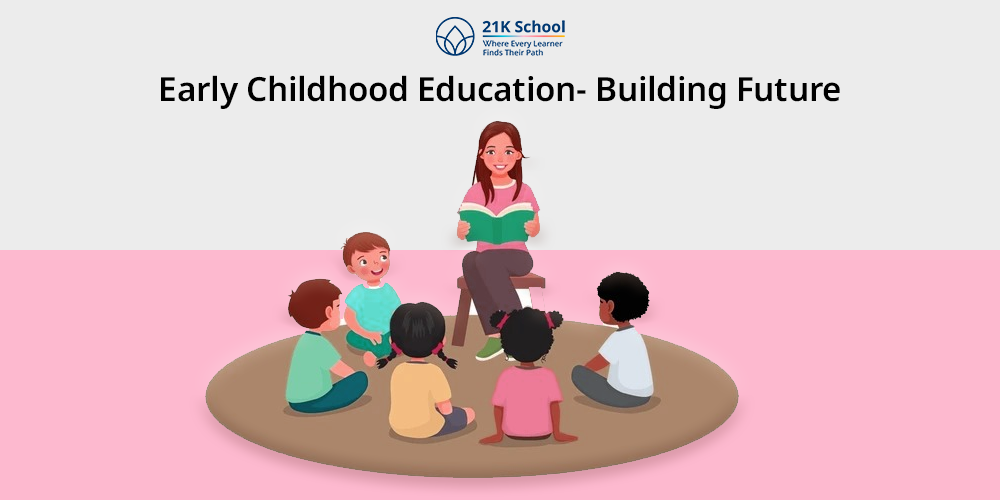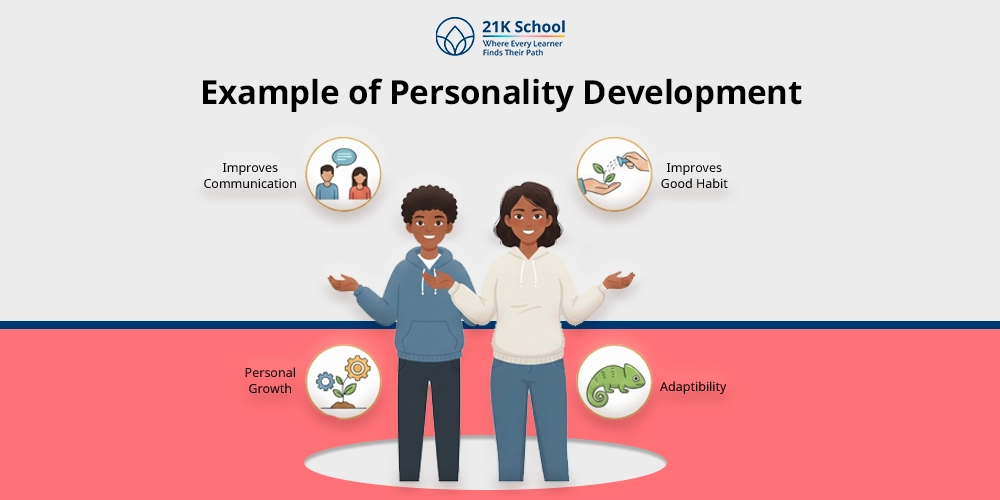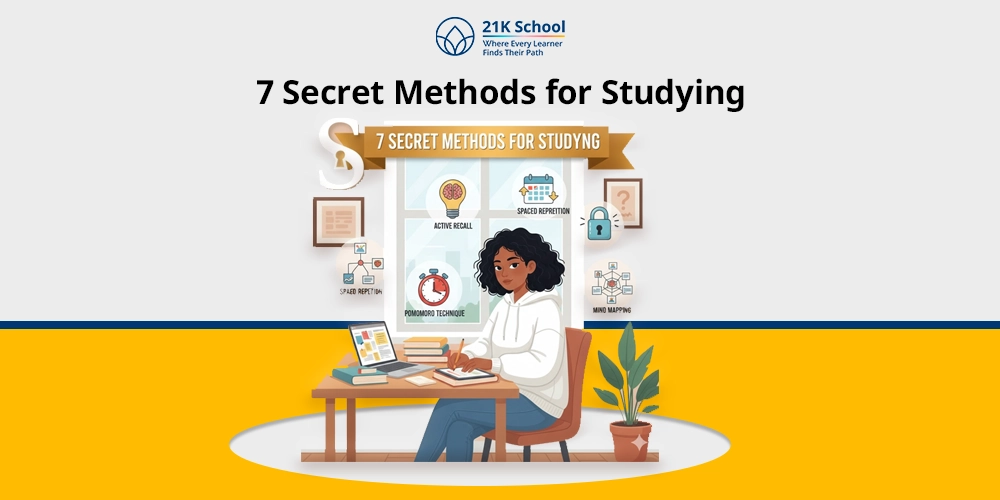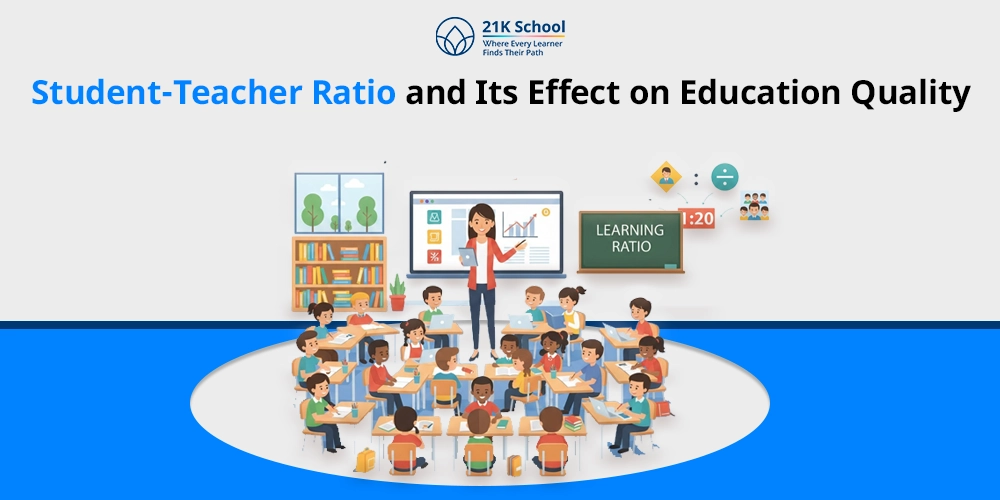
Do you all remember your childhood memories?
How special was it?
From crawling- to- falling, standing up, learning, emotional tolls, social development and many others, learning played a vital role.
Early childhood part requires teaching, learning and care.
From the period of birth to 8 years of age, children are in the stage of rapid growth. They require physical, emotional, social and mental development.
Know why social emotional learning is important for children.
Early childhood education (ECE) plays a vital role in the development of children. It determines and impacts the future of children.
It plays a crucial role in the structured and methodological learning of the children. It encompasses the whole learning process and shaping of children.
Now- a- days, early childhood education has become a worldwide priority. Parents are giving utmost care and support to their children in order to build them better.
Contents
What is early childhood education?
Early childhood education (ECE) is also known as Early childhood care and education (ECCE).
Early childhood education refers to the structured form of learning, care and educational experiences that are provided to the children. The age limit of children under this education system ranges from 0 to 8 years old.
Early childhood education (ECE) promotes social, emotional, physical and cognitive development for children . It is important for holistic development and success.
It fosters skills, language, supportive plays, environment, gross motor skills activities , development programs which are children- based.
The settings of early childhood education gives a supportive environment and base to both teachers and children. Apart from teaching, they also serve as caregivers, mentors and role models.
Now, let’s know more about early childhood education in detail through its examples.
Example of early childhood education
Here are some examples of early childhood education which can be relatable for better understanding.
1. Kindergarten
Kindergarten refers to an early foundation education for children belonging to the age group of 4 to 6. It is considered as the first year when a child is enrolled in formal schooling.
It focuses mainly on the physical and social emotional development of children.
2. Montessori
Montessori education refers to learning which offers a supportive environment for children, based on the philosophy of education. It believes in holistic development with learning, as per their pace and interests.
It focuses on student centered learning with classrooms having students from diverse backgrounds.
3. Daycare
Daycare refers to the service that offers a safe environment with early learning and care to them. They keep your child in the space as per their choice and availability. Daycare mostly enrolls toddlers from infancy to their preschool years.
Children can play, learn and grow while their parents and families are away or working.
4. Preschool
Preschool is an early childhood education which involves children from kindergarten years for formal schooling. It helps in cognitive, social, emotional and physical development skills.
It provides formulation with a mix of fun play activities in a safe inclusive environment.
Read- Homeschooling preschoolers fun and educational activities .
5. Home- based
Home- based childcare also known as family daycare offers an early childhood program. It is a type of child care where such toddlers are given home- like settings rather than formal schooling.
They are taken care of in the caregivers’ private house rather than in the common house.
Importance of early childhood education
The importance of early childhood education is described below.
1. Cognitive development
Cognitive development is crucial for students during their childhood. Children learn to find different ways to think, learn and interact with others.
2. Brain development
Brain development rate in childhood is much faster than other phases of development. Early childhood education enhances the psychomotor skills, language development and critical thinking skills.
Emotional and social development during their childhood phase is important. They learn about different skills to interact with each other. They also learn how to manage their emotions and feelings in different situations.
Know about self-awareness activities for students
4. Communication skills
Communication skills involve the ability to express oneself, interact and form relationships. Children are taught to deal with open- ended questions, participation in class and academic success.
Read about importance of regional language for kids
5. Success – personal and professional
Success in personal and professional life requires foundation. Early childhood education serves learning with games and interactions. They foster developmental skills and techniques which are adaptable to their age.
6. Lifelong learning
Lifelong learning sets the foundation in early childhood. It is the ongoing process of learning and gaining knowledge. Early five years of children absorb things in a rapid process. They are highly curious and ready to intake things that are out in front of them.
Organisations involved in early childhood education
There are certain organisations which are involved in the early childhood education programs.
1. UNESCO
UNESCO stands for United Nations Educational, Scientific and Cultural Organisation. UNESCO is an agency which is involved in promoting peace, human rights and sustainable development.
It works for international cooperation in education, culture, science and communication. It has been actively supporting countries for early childhood education.
Goals
- Equitable and Inclusive education for all children.
- Sustainable development
- Lifelong learning for all children.
Know about children’s mental health
2. UNICEF
UNICEF stands for United Nations International Children Emergency Fund. UNICEF is an United Nations agency which works to provide emergency relief to children since after World War II. It protects the well- being of the children, especially working for disadvantaged children.
Goals
- All children must ‘survive and thrive’.
- Child protection
- Emergency fund
- Aids in programs such as, clean water, sanitation and nutrition.
3. NCERT
NCERT stands for National Council of Educational Research and Training. NCERT is a government organisation, working for quality of school education. It implements government policies and programs for central and state level.
Goals
- Design curriculum and syllabus
- Educational research and development
- Innovation in education of schools
- Training to teachers and educators
Final Thoughts
Early childhood education is the critical period which sets the foundation for lifetime. It plays a key role in the learning and development process of children.
Early childhood education not only trains children but helps in setting a fair, healthy, balanced and educated society as a whole. It shapes and motivates children in making a capable learner.
Explore online learning strategies to develop motor skills
Organisations like UNESCO, UNICEF and NCERT ensure that children get inclusive and equal education, especially disadvantaged.
Early childhood education (ECE) must be treated as a priority to educational programs, policy, training and practice.



